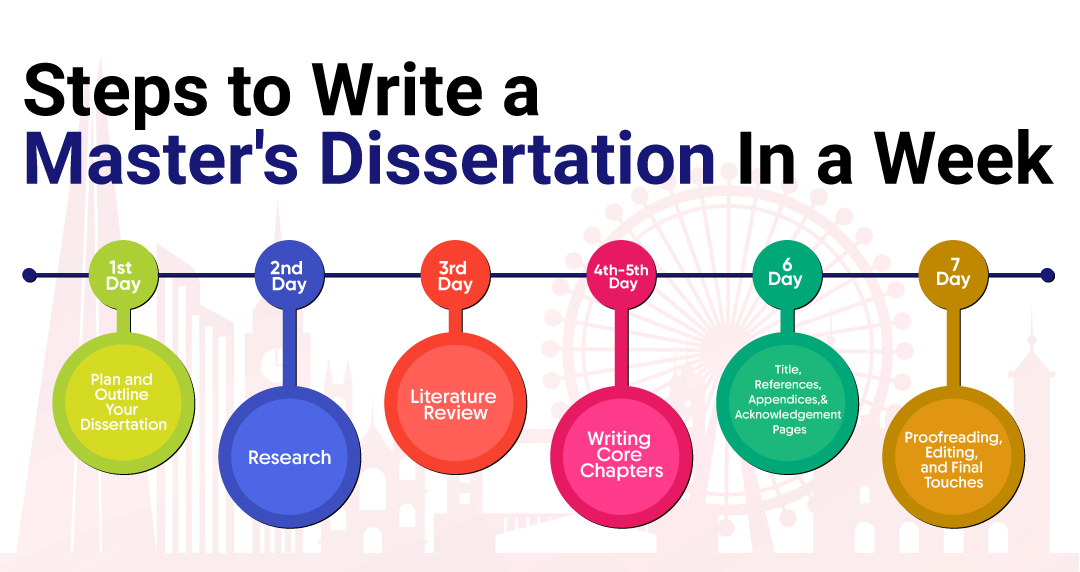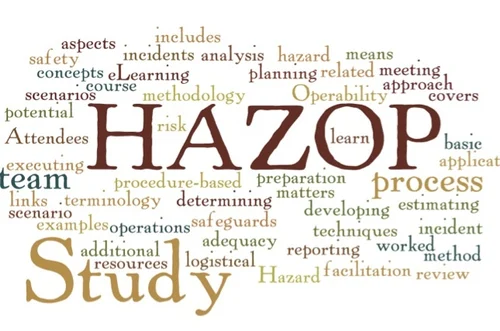Mastering Your Dissertation: A Step-by-Step Guide to Success

Understanding the Importance of a Dissertation
A dissertation is a crucial academic project that showcases a student’s research skills, critical thinking abilities, and subject expertise. It serves as a capstone project for undergraduate, postgraduate, and doctoral degrees, contributing significantly to academic and professional success. Writing a dissertation requires extensive research, methodological accuracy, and a clear argument that contributes to the existing knowledge in a particular field.
How to Choose the Right Dissertation Topic?
Choosing an appropriate dissertation topic is the first and most critical step in the research journey. A well-selected topic should be relevant, researchable, and engaging. Here are some tips to select the best dissertation topic:
- Identify your interests – Select a topic that aligns with your academic passion and future career goals.
- Review existing research – Conduct preliminary research to ensure enough data and literature are available.
- Consider feasibility – Ensure that the topic is manageable within the given timeframe and resources.
- Consult your advisor – Seek feedback from professors and advisors to refine the scope of the topic.
Conducting Comprehensive Research
Thorough research lays the foundation for a well-structured dissertation. Depending on your discipline, research methods may include qualitative, quantitative, or mixed approaches. Here’s how to conduct effective research:
- Use credible sources – Refer to peer-reviewed journals, books, and authoritative sources.
- Take organized notes – Keep track of key findings, references, and quotes.
- Develop a strong research question – Your research should aim to answer a clear, concise, and focused question.
- Analyze and synthesize information – Identify patterns, debates, and gaps in existing research.
Structuring Your Dissertation
A well-structured dissertation follows a logical format that enhances readability and clarity. The standard structure includes:
1. Introduction
This section introduces the research topic, provides background information, and presents the research question and objectives. The introduction should set the stage for the entire study and explain its significance.
2. Literature Review
The literature review critically analyzes existing research on the topic. It helps in identifying knowledge gaps, theoretical frameworks, and supporting arguments. Key aspects of a strong literature review include:
- Summarizing relevant studies
- Highlighting methodological approaches
- Discussing conflicting viewpoints
- Establishing a theoretical foundation
3. Research Methodology
The methodology section outlines the research design, data collection methods, and analytical techniques used. This part should be clear and detailed, allowing other researchers to replicate the study if needed.
- Qualitative methods – Interviews, case studies, thematic analysis
- Quantitative methods – Surveys, experiments, statistical analysis
- Mixed methods – Combining qualitative and quantitative approaches
4. Data Analysis and Findings
This section presents the collected data and interprets the findings. The analysis should be structured logically, using tables, graphs, and figures where necessary. Key aspects include:
- Identifying trends and patterns
- Comparing findings with previous research
- Addressing research questions
- Discussing limitations of the study
5. Discussion
The discussion section interprets the findings in relation to the research question. It should:
- Explain the significance of the results
- Address unexpected findings
- Compare with previous studies
- Suggest implications for future research
6. Conclusion
The conclusion summarizes the key points, restates the research significance, and provides recommendations. It should not introduce new information but rather reinforce the study’s impact.
7. References and Citations
Proper citation is essential for academic integrity. Use a standard citation style (APA, MLA, Harvard) and ensure all sources are accurately referenced.
Time Management Strategies for Dissertation Writing
Writing a dissertation requires excellent time management skills. Follow these strategies to stay on track:
- Create a timeline – Break down the dissertation into smaller tasks with deadlines.
- Set daily goals – Allocate specific writing targets to maintain consistency.
- Use productivity tools – Software like Zotero, Mendeley, and Evernote can help organize research and references.
- Take breaks – Avoid burnout by incorporating short breaks and relaxation techniques.
- Seek feedback regularly – Share drafts with advisors for constructive criticism.
Overcoming Common Dissertation Challenges
Many students face challenges during dissertation writing. Here’s how to tackle them:
- Writer’s block – Start with easy sections and gradually move to complex parts.
- Data collection issues – Ensure ethical approvals and feasibility before starting research.
- Time constraints – Stick to a schedule and avoid procrastination.
- Lack of motivation – Stay connected with peers and seek academic support.
Editing and Proofreading Your Dissertation
Editing and proofreading are essential for a polished dissertation. Follow these steps:
- Revise for clarity – Ensure coherence and logical flow of ideas.
- Check grammar and style – Use tools like Grammarly or academic proofreading services.
- Verify citations – Ensure all references are correctly formatted.
- Read aloud – Helps in identifying awkward phrasing and errors.
Seeking Expert Assistance
For students needing professional guidance, expert dissertation assistance services can be invaluable. If you require structured support, Dissertation help in UK provides research-backed strategies to improve academic writing quality.
Submitting Your Dissertation
Before submission, ensure:
- All formatting guidelines are followed
- Plagiarism checks are conducted
- Supervisor feedback is incorporated
- Necessary approvals are obtained
Completing a dissertation is a rigorous but rewarding process. By following these steps, students can achieve academic success and contribute valuable insights to their field of study. If you require additional academic support, consider utilizing professional services like Do MY Assignment in UK to enhance your research journey.







